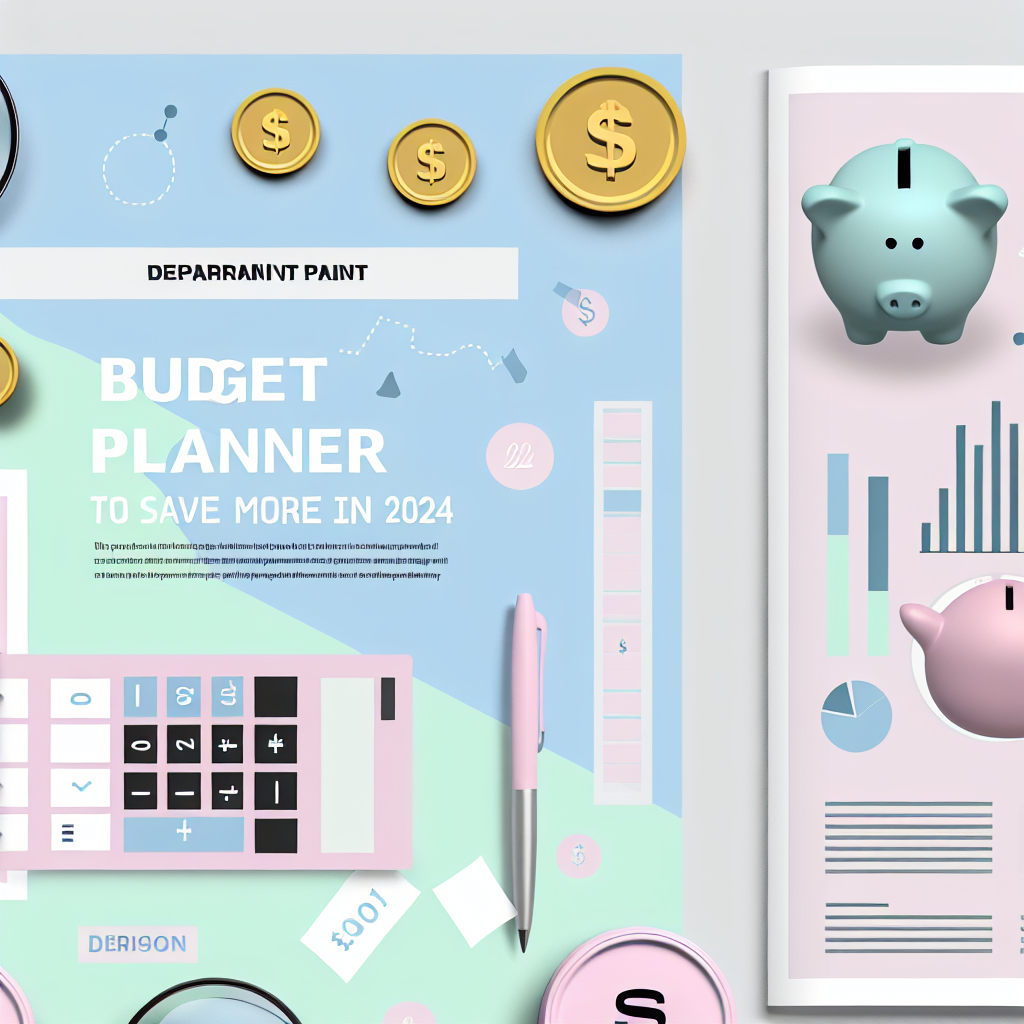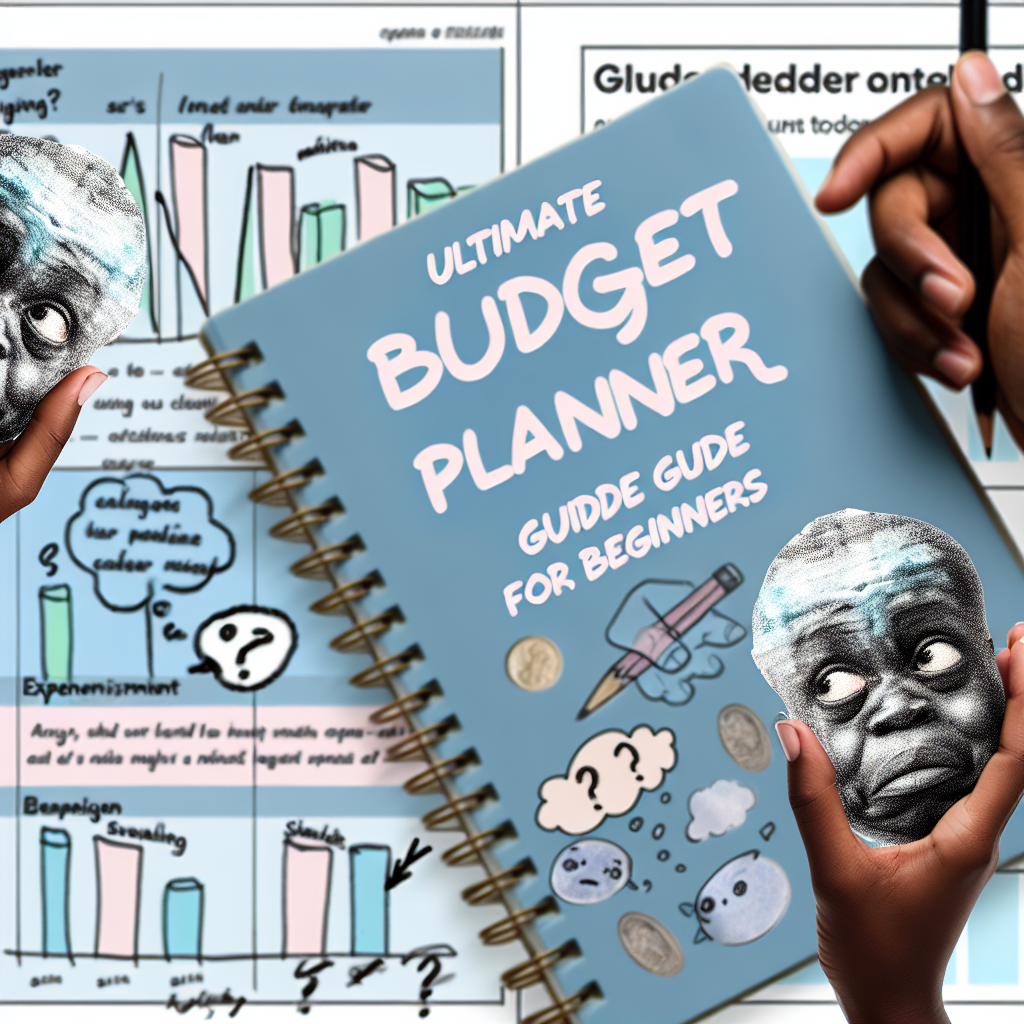=
I still remember the night I sat at my tiny kitchen table, a crumpled napkin stained with coffee in front of me, and the words “NO SPENDING” scribbled in angry, uneven letters. That was my very first attempt at budgeting. Spoiler alert: it didn’t work. Not even close. I was a mess of anxiety and frustration, wondering how anyone could keep track of money when I could barely keep track of where my last $20 went. Rent was due in a week, and I had no clue how to make it stretch. My family was counting on me, and I felt like I was failing them.
That night, I realized that “budgeting” wasn’t about strict rules or perfect spreadsheets. It wasn’t about depriving myself or turning into some financial robot. It was about something way messier and way more human: learning to be honest with myself and my family about money, even when it felt scary or embarrassing.
The Moment That Changed Everything
The real “aha” moment came when I stopped thinking of budgeting as a punishment and started seeing it as a way to protect what mattered most—my family’s peace of mind. Budgeting wasn’t about being perfect; it was about being real. I realized that budgeting tips that actually work for families aren’t about fancy apps or complicated math. They’re about small, honest steps that build trust with yourself and the people you love.
How I Found Budgeting Tips That Actually Work for Families
The first thing that actually worked for me was writing down every single expense, no matter how small. I used to think, “Who cares about that $3 coffee?” But that $3 coffee was part of a bigger problem. Seeing it all laid out was like turning on a light in a dark room. Suddenly, I could see where my money was sneaking away.
I remember being hesitant to try setting spending limits for different categories because I thought it would feel like jail. But instead, it gave me freedom. Knowing I had $50 a week for groceries and sticking to it meant I wasn’t constantly stressed about overspending. Sure, some weeks I blew it, but that was okay—I learned to adjust without beating myself up.
This trick might sound weird, but I started having weekly “money talks” with my family. At first, it felt awkward and a little embarrassing. We’re not the kind of people who talk about money over dinner. But those conversations became moments of connection. We shared worries, celebrated small wins, and planned together. Suddenly, budgeting felt like a team effort, not a solo punishment.
Another thing that helped was forgiving myself for the past mistakes. My credit card debt felt like a rain cloud following me everywhere, but instead of hiding from it, I faced it head-on, one payment at a time. It wasn’t glamorous, and it wasn’t fast, but it was progress.
I Know What You’re Thinking
I know what you might be thinking right now: “This sounds hard,” or “I don’t have enough money to even start.” Believe me, I thought the exact same thing. I worried that my paycheck was too small, that my mistakes were too big, and that I’d never catch up. But here’s the truth—budgeting tips that actually work for families don’t require magic or a windfall. They require patience, honesty, and the willingness to keep trying, even when it feels like you’re failing.
A Small Step Forward
If you take nothing else from my story, take this: you don’t have to be perfect. You don’t have to have it all figured out. Just pick one small thing today. Maybe it’s writing down every expense for a week or having a quick chat about money with your partner or kids. That’s it. One small step. Because budgeting isn’t about getting rich overnight—it’s about building a little more peace, one messy, imperfect step at a time.
You’re not alone in this. I’ve been there, and I’m still figuring it out too. But every day I’m a little bit better at it, and you can be too.
💡 Want more tips like this? Explore more ways to save funds and plan your budget wisely!







